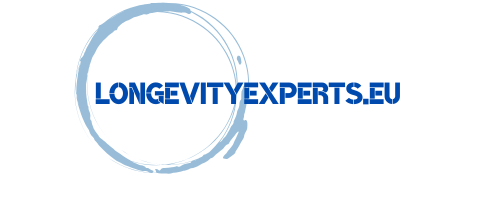Resveratrol: Antioxidant and Longevity Support
Resveratrol is a polyphenolic compound derived from the skin of red grapes, berries (eg, mulberries, blueberries), peanuts, and red wine. It’s popular for its antioxidant and anti-inflammatory effects that are believed to confer a wide range of health benefits like support for cardiovascular health, neuroprotection, and potentially anti-aging. Resveratrol is a phytoalexin, which means it is produced by plants to protect against environmental stress and, in humans, to possibly promote health and longevity in humans.
Buy Resveratrol Supplement🔹 Benefits of Resveratrol
✅ Anti-Aging Properties: Triggers sirtuin proteins connected to aging and longevity, may mediate the effects of caloric restriction.
✅ Neuroprotection: Can help to prevent neurodegenerative and other issues by inhibiting oxidative stress and inflammatory issues within the brain.
✅ Neuroprotection: Can help to prevent neurodegenerative and other issues by inhibiting oxidative stress and inflammatory issues within the brain.
🔬 Scientific Research
Neuroprotectiveeffects: Resveratrol has been reported to have neuroprotective effects and may protect against cognitive decline and neurodegenerative disorders.
Blood Pressure: In 2015 a review suggested that high doses of resveratrol can potentially lower systolic blood pressure due to the stimulation of nitric oxide and resulting vasodilation. 
Cholesterol Levels: In 2016, research suggested resveratrol supplements reduced total cholesterol (TC) and increase HDL levels in mice.
Lifespan Lengthener: Some studies show that resveratrol turns on genes that are linked with longevity, so it may be able to lengthen the amount of time an organism lives.
💊 Dosage & How to Take
Recommended Dosage: Most people use dosages between 150 mg and 500 mg per day.
Best Time: Try to take it with food in order to maximize absorption.
Stacking: Trans-resveratrol is the biologically active form which is most utilized in supplements. Commonly stacked with other supplements such as NMN or quercetin for a synergistic effect.
⚠️ Side Effects & Safety
❗ Digestive: Nausea, and diarrhea or upset stomach in doses exceeding 2.5 grams/day.
❗ Drug Interactions: May interfere with blood thinners and NSAIDs; please consult with your healthcare provider before use.
❗ Hormone Concerns: Estrogenic effects may not be suitable for hormone sensitive disorders.
Not recommended for:
